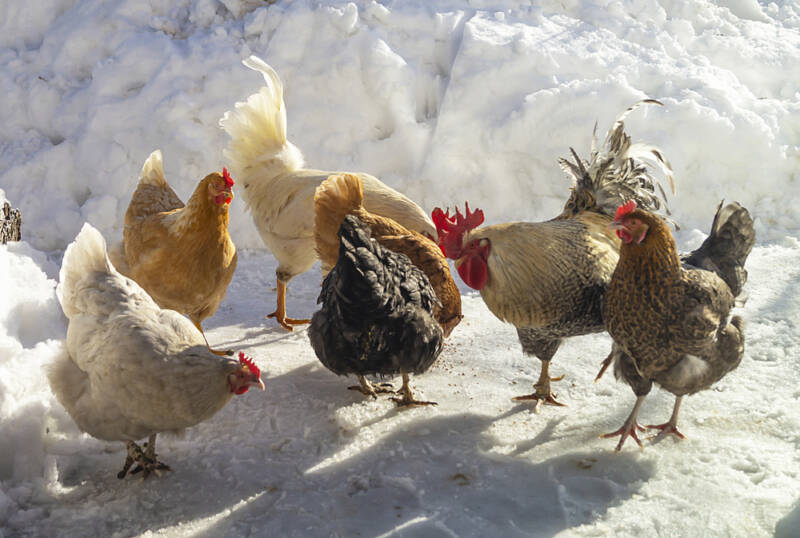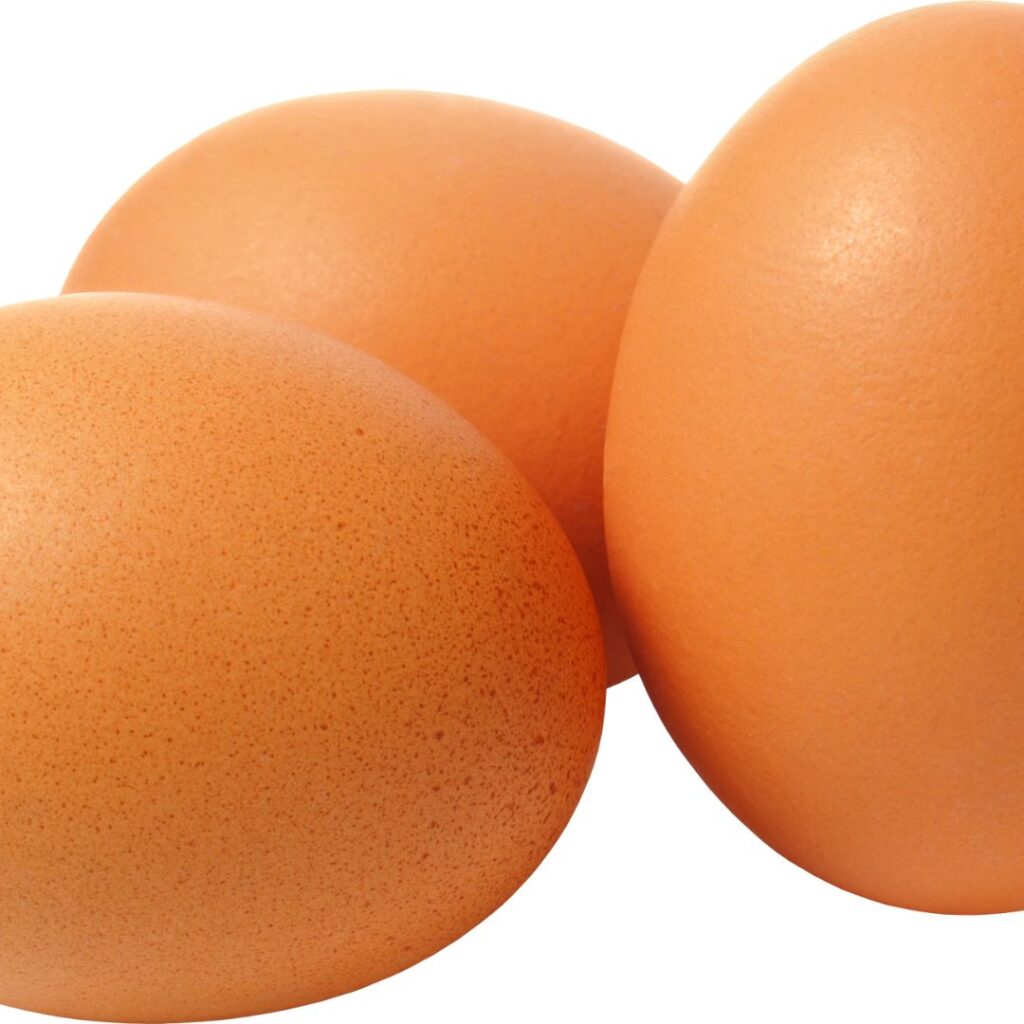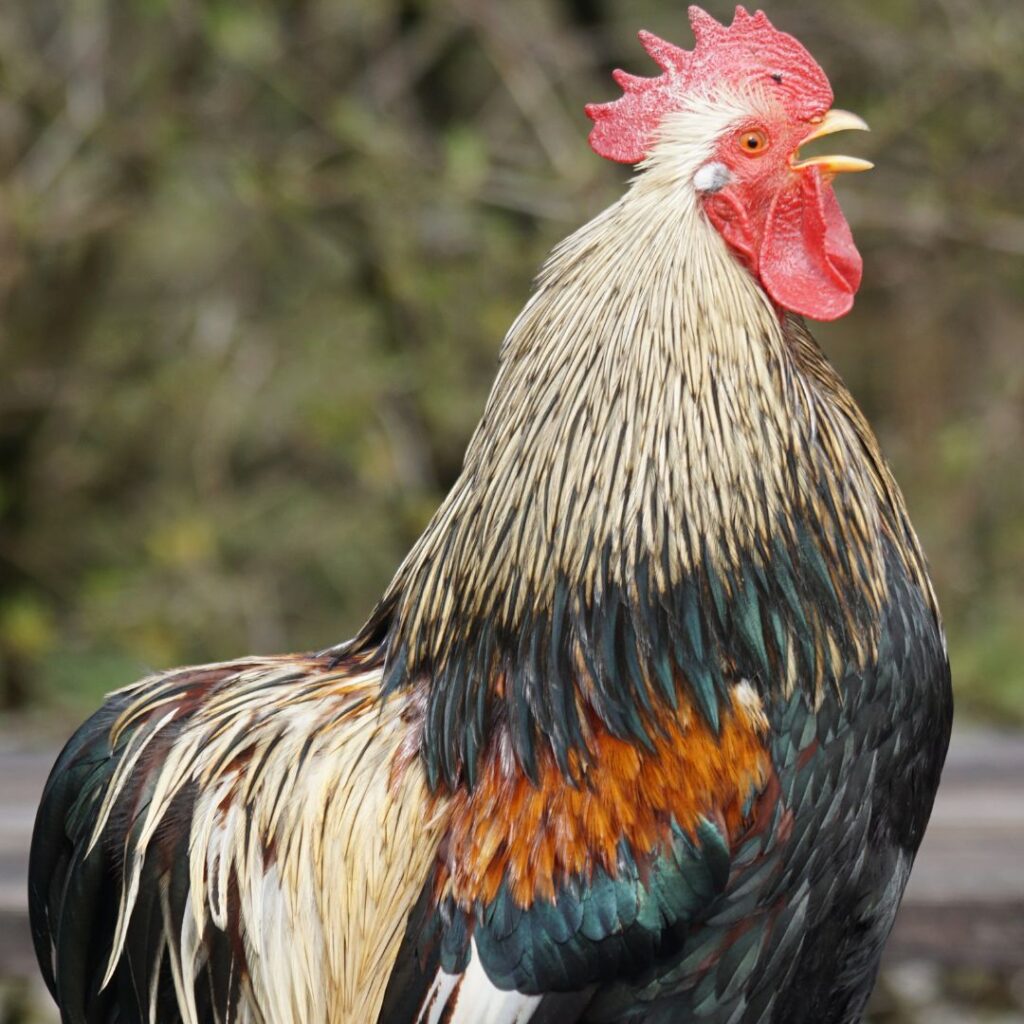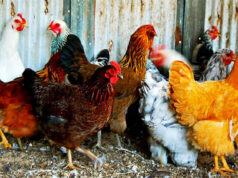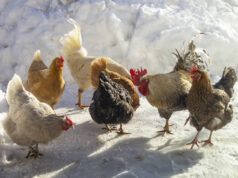Welcome to our detailed guide where we explore the crucial question: Can a chicken survive Marek’s disease? This pressing inquiry is vital for poultry enthusiasts around the world. Understanding Marek’s disease and the survival of chickens diagnosed with it can shed light on the best practices and preventive measures that need to be taken.

Understanding Marek’s Disease
Marek’s disease is a common and highly contagious viral infection that affects chickens. It is caused by a herpesvirus and primarily affects the nervous system, leading to paralysis, tumors, and sometimes death. The disease can be devastating for poultry farmers, posing a significant risk to their flocks.
The Transmission and Spread of Marek’s Disease
The virus responsible for Marek’s disease spreads through feather dander, dust, and droppings of infected birds. It can be brought into a poultry farm through contaminated equipment, clothing, or new birds that are not adequately quarantined.
Signs and Symptoms to Watch For
Early detection is key in managing Marek’s disease. Symptoms can vary, but common signs include:
- Paralysis in legs and wings
- Weight loss
- Vision impairment
- Tumors in organs
If you observe any of these symptoms, it’s crucial to seek veterinary assistance immediately.
Diagnosis and Treatment Options
Diagnosing Marek’s disease typically involves a combination of physical examination, history review, and laboratory tests. Unfortunately, there is no cure for Marek’s disease, making vaccination and biosecurity measures the best defense.
Vaccination as a Preventive Measure
Vaccinating chicks at a young age can significantly reduce the risk of Marek’s disease. The vaccine does not prevent infection but helps in reducing the severity of the disease and spread within a flock.

Enhanced Biosecurity Measures
Maintaining strict biosecurity protocols can help prevent the introduction and spread of Marek’s disease in your flock. This includes:
- Regular cleaning and disinfection of coops
- Controlling traffic of people and equipment
- Isolating new birds before introducing them to the flock
Can a Chicken Survive Marek’s Disease?
Survival rates for chickens with Marek’s disease vary depending on the strain of the virus and the overall health of the bird. Some chickens may survive if the disease manifests less aggressively or if they have strong immune systems. However, these birds might still act as carriers, posing a risk to other members of the flock.
Long-Term Care and Management
Caring for chickens that survive Marek’s disease involves providing a stress-free environment, quality nutrition, and regular health monitoring. It’s also essential to continue practicing biosecurity measures to protect other birds in the flock.
Creating a Disease-Resistant Flock
Breeding for resistance is another strategy to consider. Choosing birds that show resistance to the disease can help in building a stronger, more resilient flock over time.
To delve deeper into how care and attention can make a difference, visit our external guide on chicken care.
Emotional and Financial Impact on Poultry Farmers
Marek’s disease doesn’t just affect the health of chickens; it also has significant emotional and financial repercussions for poultry farmers. The loss of birds, the cost of preventive measures, and the constant vigilance required can be daunting.
Support and Resources
There are numerous resources available for poultry farmers to help manage the challenges posed by Marek’s disease. Support from veterinary professionals and access to the latest research can be invaluable.
Conclusion
While Marek’s disease remains a significant threat to poultry, proactive measures can make a substantial difference. Vaccination, enhanced biosecurity, and attentive care can improve the chances of survival and maintain the health of your flock.
Frequently Asked Questions
What is the primary cause of Marek’s disease in chickens?
Marek’s disease is caused by a herpesvirus that primarily targets the nervous system, leading to symptoms like paralysis and tumors.
Can Marek’s disease be cured?
Currently, there is no cure for Marek’s disease. Prevention through vaccination and biosecurity measures is the best approach.
How can I protect my flock from Marek’s disease?
Vaccinate your chicks, maintain strict biosecurity protocols, and regularly monitor your flock for any signs of illness.
As an Amazon Associate, I earn from qualifying purchases.
